Opera Reader Could Revolutionize The Way We Read On The Internet
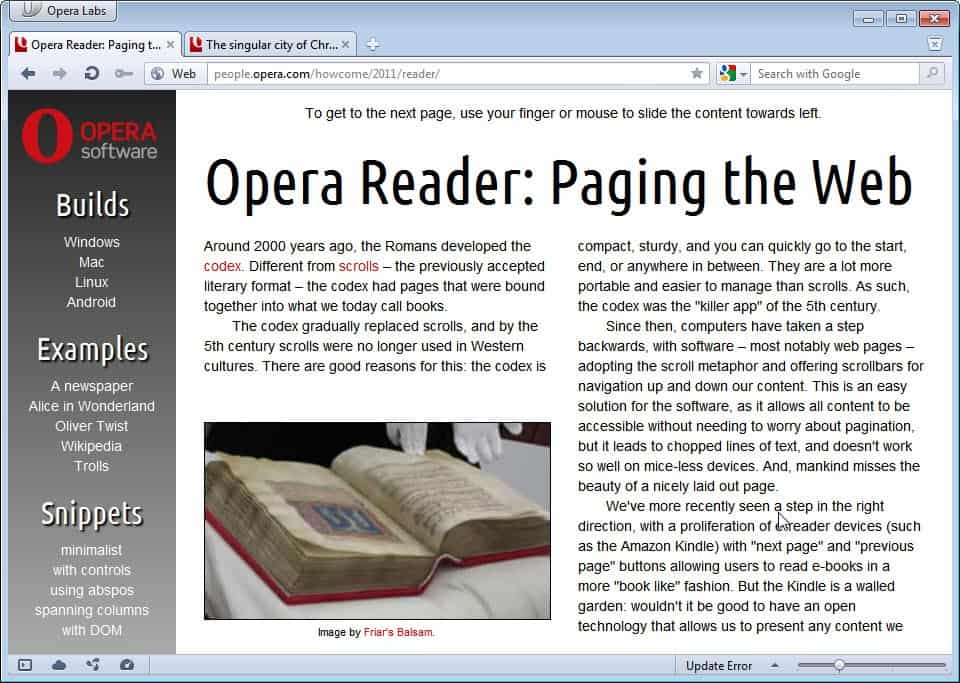
One of the biggest usability issues on today's Internet are scrolling web pages. Browsers automatically add scrollbars to web pages if the contents exceed the vertical or horizontal display limitations of the window or computer screen. This scrolling breaks the readability of a web page significantly. Users who scroll need to locate the text position where they stopped reading afterwards. Most Internet users use headlines, paragraphs or other visible elements on a page as markers for that.
Opera Reader is an experimental Opera version that does away with all the scrolling on the Internet. It's premise is to display all contents of a website directly on the screen. It basically breaks down a website into pages that are displayed just like the pages of a book. The developers have used a scroll and book comparison to highlight the differences. Scrolls are like standard websites that go on and on until the content ends, while books use pages that offer several advantages over scrolls.
Opera Reader turns scrolls (aka scrolling web pages) into books (aka paged web pages). Whenever you open a compatible web page in Opera Reader, you will notice that all of its contents are displayed on the screen without horizontal or vertical scrollbars. Here is how a compatible page looks in the standard Opera browser and in Opera Reader.
The core difference is the missing scrollbar. Opera Reader users can use the mouse to flip pages. Alternatives including using the keyboard (left and right) or gestures on touch enabled devices.
Separating a website into pages does not reduce the browser's functionality at all. It is still possible to search, print or work with the whole web page like it would be in a standard version of Opera.
The Opera team has published a few examples on the Opera Reader website. This includes a basic newspaper, the novels Oliver Twist and Alice in Wonderland and a sample Wikipedia page.
The biggest issue with Opera Reader in its current form is that websites need to add specific CSS3 code to support the feature. Opera needs to come up with a way to automate the processing of web pages in Opera Reader. If the company manages to do that, it could change the way we read contents on the web forever.
Opera Reader is currently available as a preview version for Windows, Mac, Linux and Android devices. Interested users can download the preview release from the official project website over at Opera. (via)
Advertisement
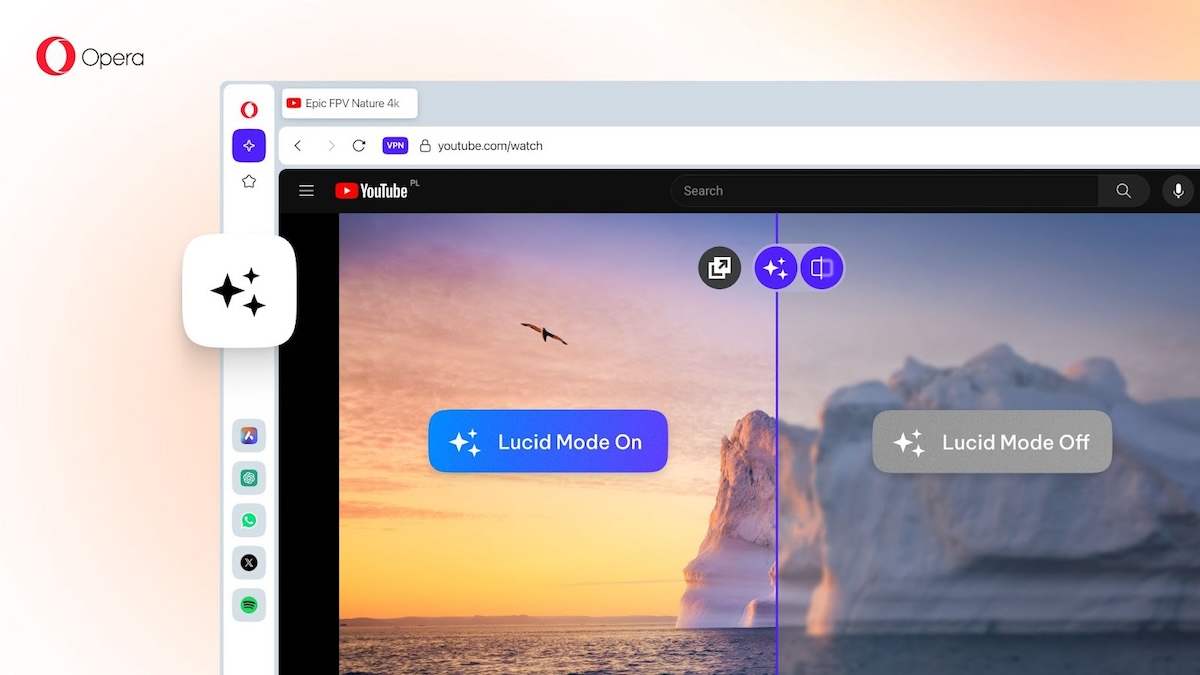

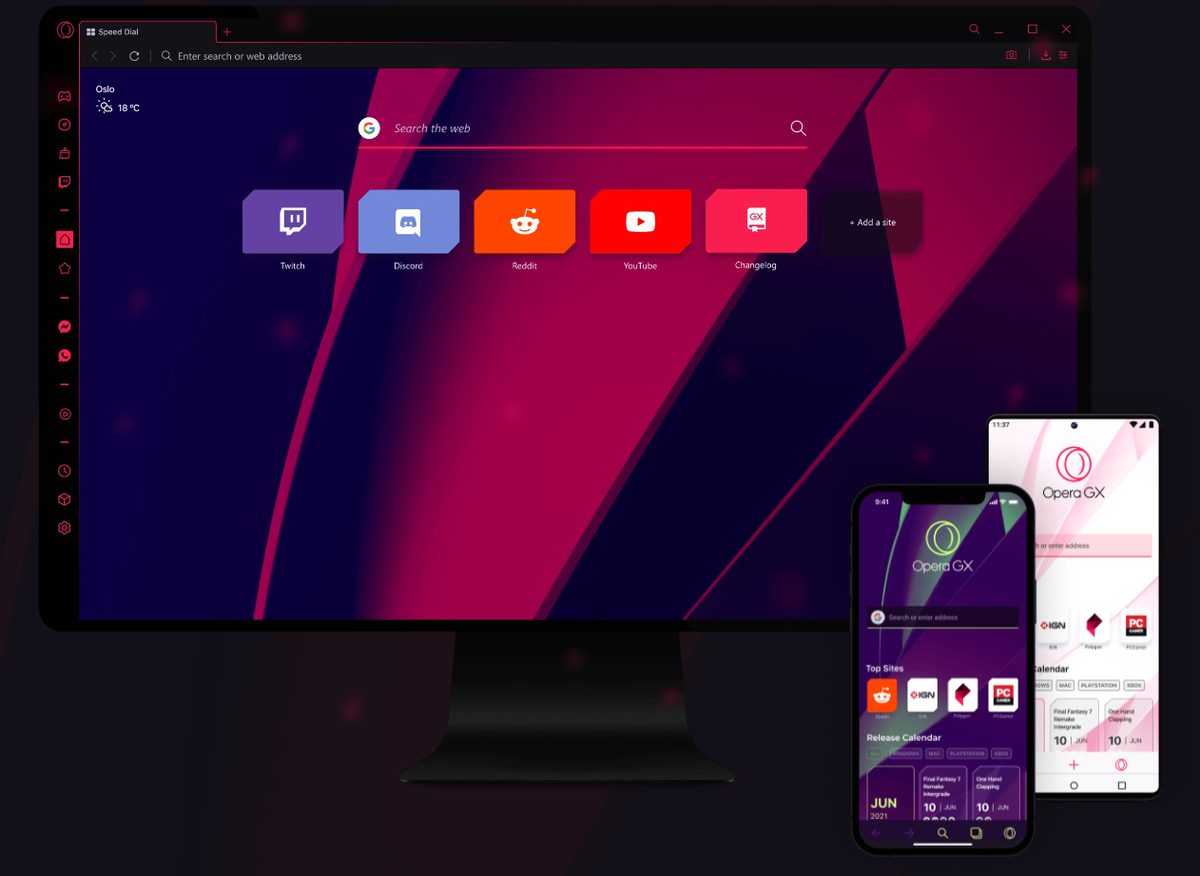

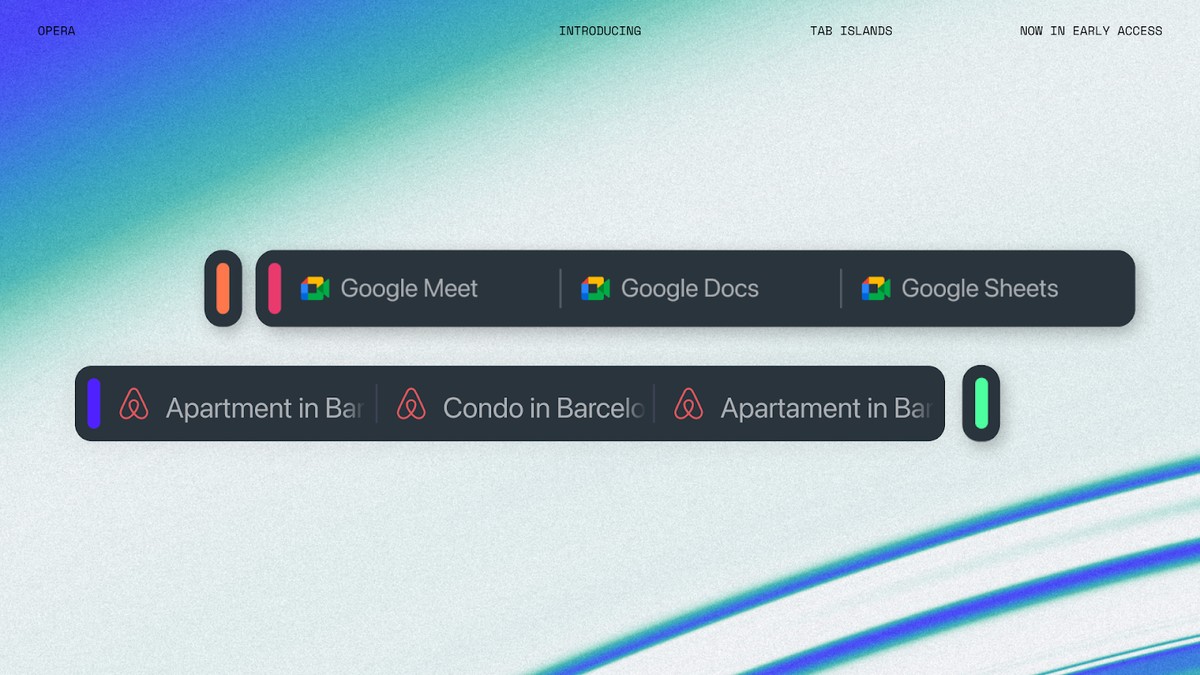
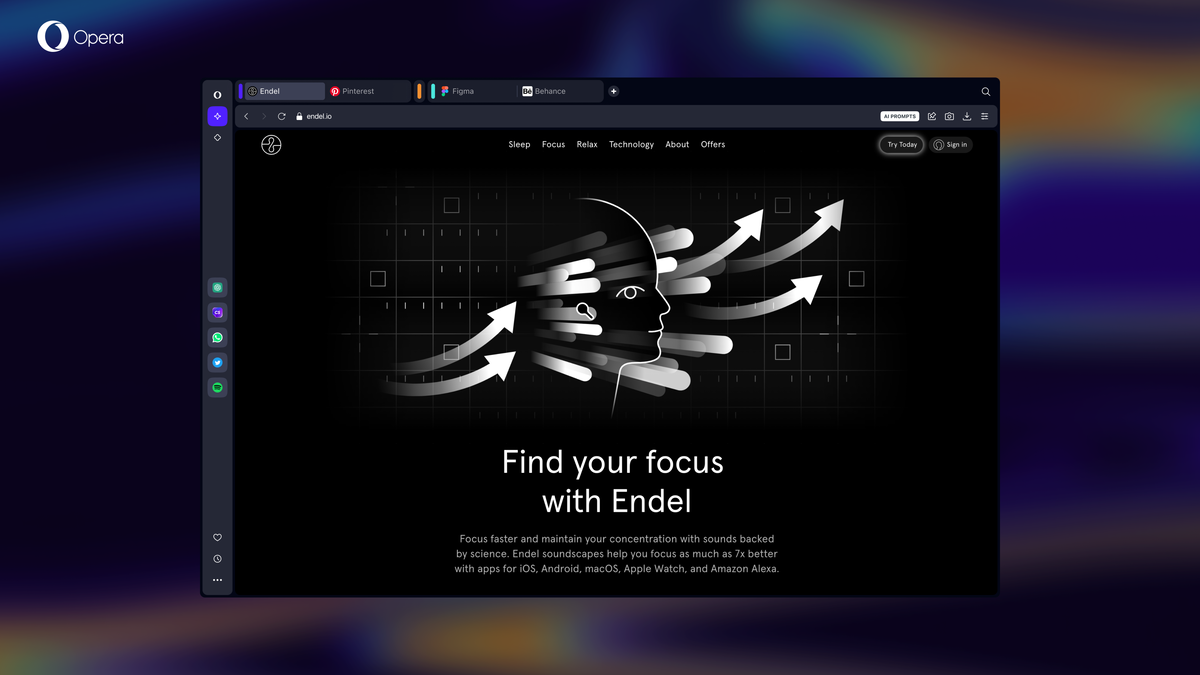











This is good thing
I just hope this one will land in 12 final
Its innovative and no other browsers came up with this idea yet
Opera really sure is the king of “innovation”
Opera reader seems like a step backward in ergonomics. When you read a scrollable region, do you read the whole visible area and then scroll, or do you scroll to where your eyes are?
The reason that the Romans went from scrolls to the codex was (as stated on the Opera Reader demo page) a “hardware” issue; it was (physically) more work to use a scroll.
I don’t particularly care how a browser decides to have me scroll a particular document, but I have a burning hatred for sites that break content up into multiple pages simply so they can throw more ads at me every time.
Send me the WHOLE article at once. I’d rather scroll than wait for multiple page loads.
Oh, and just because the TV industry somehow managed to bodge us into 16:9 monitors doesn’t mean that we’re all running our browsers maximized all the time. If you’re going to make me scroll, make sure it’s only in one direction. Make sure the useful article content is always within one axis of the user’s browser window (within reason, some fool running his browser 150px wide deserves what he gets).
Interesting.
With more and more users accessing websites from a multitude of different screen sizes, content reflowing is becoming more and more important each day.
It reminds me of the discussion of simple eBooks vs. “superbooks” – why have your digital content be a simple remake of your paper version, when it can be so much more.
In the past year, my use of smartphone and tablet for reading has increased exponentially. To this end, I’ve found Read It Later to be invaluable. Not only can the Firefox addon convert text to an easy to read format, but it also syncs with iOS and Android apps, meaning I can send articles from my PC to my tablet with a single click – no more need to hunch at the desktop computer when reading large amounts of text!
Opera has always been an innovator, with Speed Dial being the most popular innovative feature. But Speed Dial was invented in 2007, so time for something new – so they have got something new for 2011.
From this article-
“The biggest issue with Opera Reader in its current form is that websites need to add specific CSS3 code to support the feature. Opera needs to come up with a way to automate the processing of web pages in Opera Reader.”
Opera Software shouldn’t need to do anything. Soon after Opera includes Opera Reader in a stable release, some Opera users could make an extension to modify the webpages on-demand to add that CSS3 code.
So instead of scrolling with a mouse we’ll turn pages with the mouse or keyboard. I don’t understand what you are so excited about – can you elaborate?
Interesting? Yes. Revolutionary? WTF.